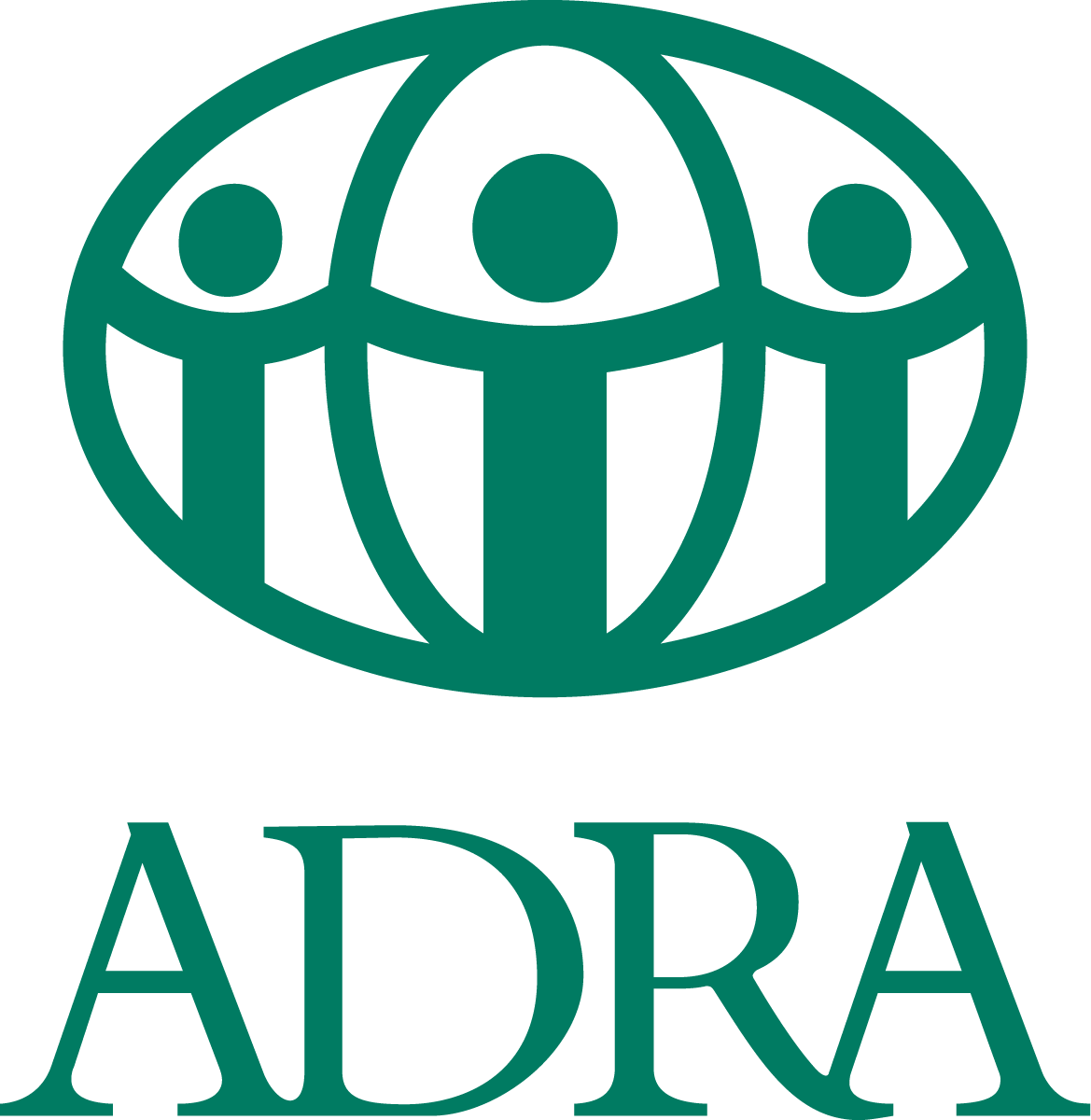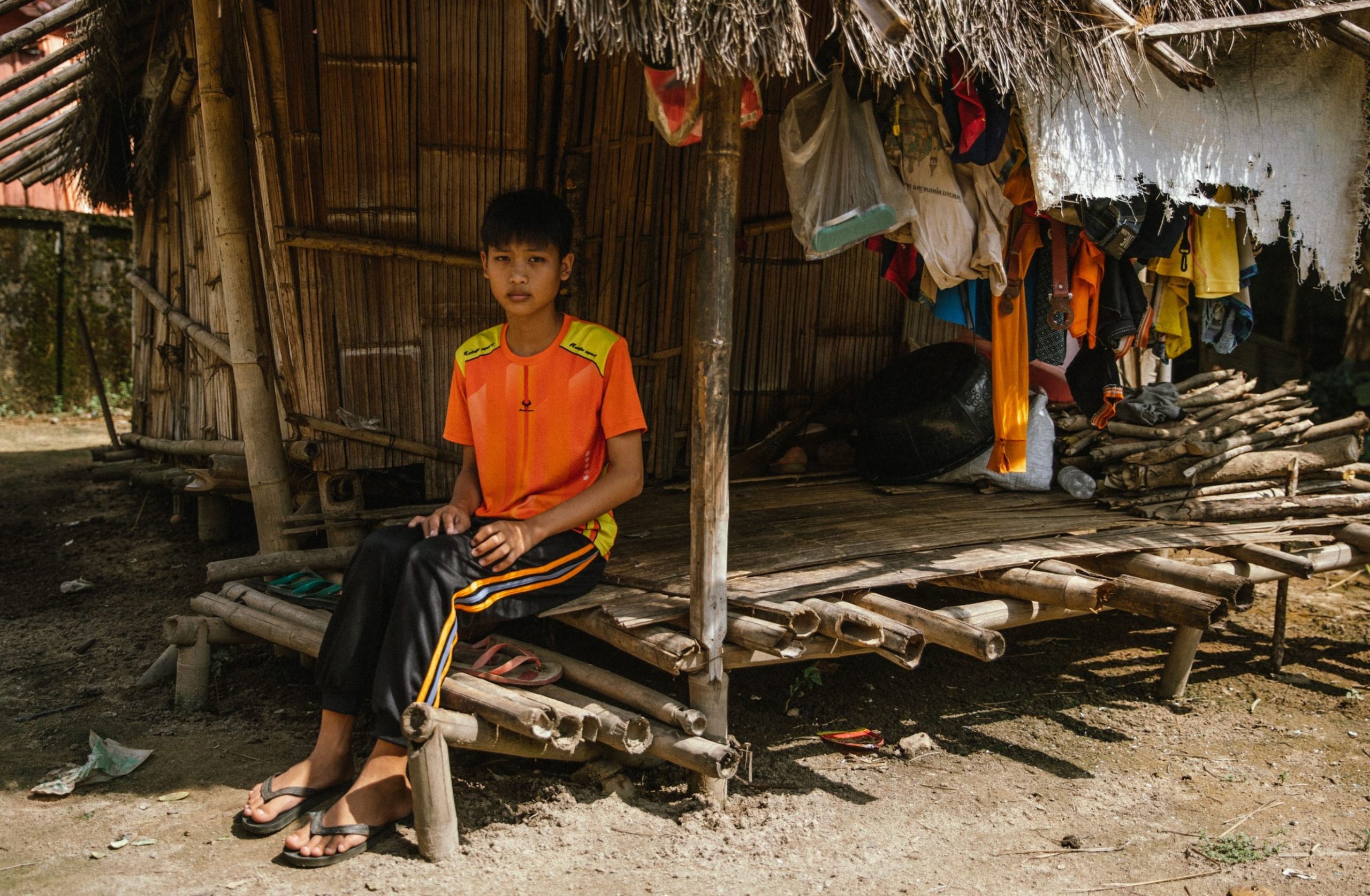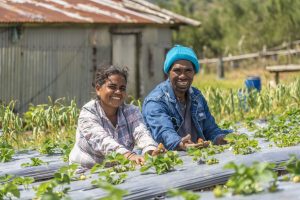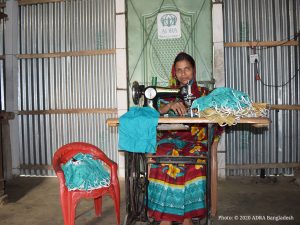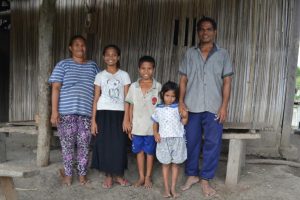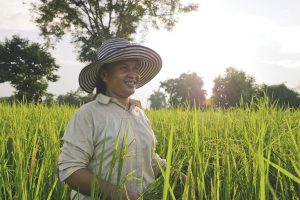Statelessness is one of the most overlooked human rights issues in the world today, affecting approximately 4.4 million people globally. In the context of the territory covered by ADRA Asia, Bangladesh, Myanmar, and Thailand are three of the five largest hosting countries globally, with over 2.1 million stateless people—approximately 47% of global figures—found in this region. However, due to underreporting, the actual numbers are likely much higher.
Another dynamic of the region involves the Bajau, often referred to as Sea Gypsies. These indigenous maritime people are found across the Philippines, Malaysia, and Indonesia. Due to their nomadic nature, many Bajau lack official citizenship, making them stateless in several countries. Bhutanese refugees in Nepal, Rohingya in Bangladesh, and ethnic minorities in India also face statelessness due to restrictive nationality laws. Myanmar’s Rohingya crisis remains one of the most severe cases of statelessness, with large populations in Thailand, Malaysia, and Indonesia—countries which each have their own ethnic minority groups facing similar challenges.
Statelessness refers to the condition in which an individual is not recognized as a citizen by any country under its laws. This means they lack legal nationality, preventing them from accessing basic rights such as education, healthcare, employment, freedom of movement, ownership of property, and legal protection. Unlike internally displaced persons, asylum seekers, or refugees, the stateless are often invisible within society.
Statelessness is caused by multiple factors:
- Discriminatory nationality laws – Some countries deny citizenship based on ethnicity, gender, or religion.
- Gaps in legal frameworks – Some individuals are born stateless due to conflicting nationality laws.
- State succession – When a country dissolves, some populations may be left without nationality.
- Lack of birth registration – Many stateless individuals were never officially recorded at birth.
In seeking to promote justice, love, and compassion to all, ADRA Thailand has been actively working on statelessness reduction since 2015, through its Statelessness Reduction and Community Sensitization Project funded by UNHCR. This project assists stateless individuals in applying for nationality, permanent residency, and birth registration. It also strengthens local administrative capacity to process applications efficiently and raises awareness among stateless communities about their rights and legal pathways to citizenship.

Recognizing statelessness as a transnational problem, ADRA Thailand has partnered with other civil society organizations and is a founding member of the Statelessness and Dignified Citizenship Coalition – Asia Pacific, where it serves on the Steering Committee. ADRA Thailand also represents the network in the Global Alliance to End Statelessness.
Through these partnerships, ADRA Thailand contributed to the Global Refugee Forum in December 2023 and participated in the 2024 UNHCR Global Consultations with NGOs, focusing on solutions for displaced and stateless persons, as well as gender equality in humanitarian responses.
ADRA Thailand also joined the Young People and Civil Society Forum on Civil Registration and Vital Statistics for Asia and the Pacific, held from March 4–6, 2025. The forum brought together 81 participants from 47 organizations across 16 countries. Policy recommendations were developed addressing violence against children, education, gender equality, climate change, and statelessness.
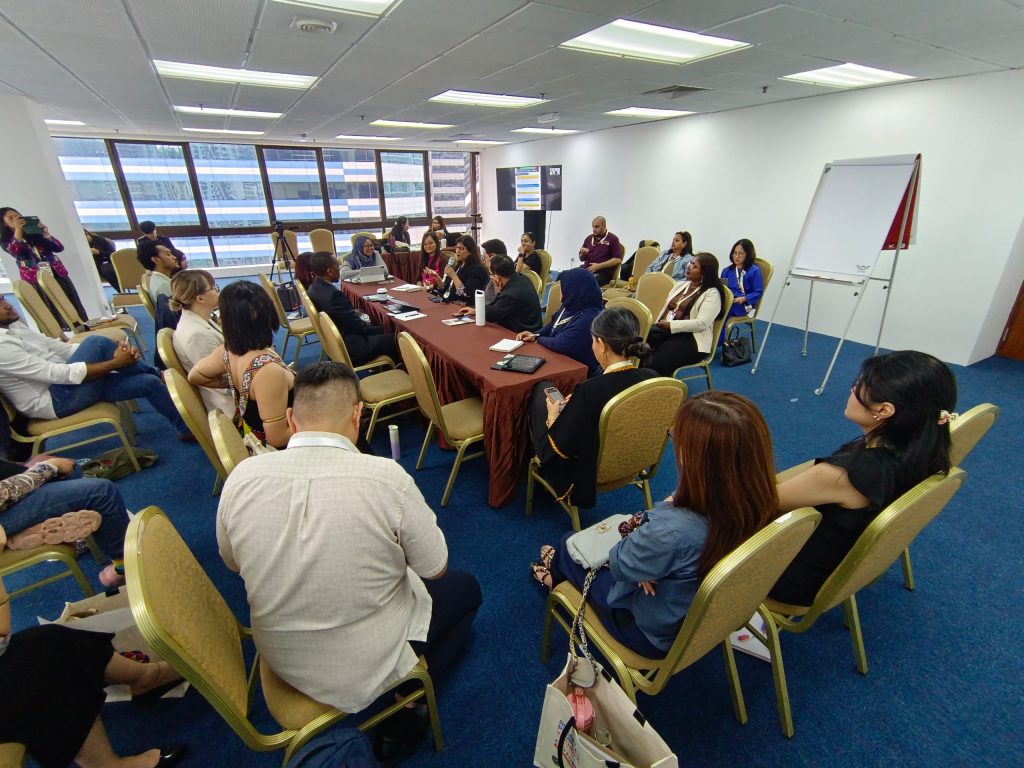
At the regional level, ADRA Thailand was invited to take part in the ASEAN Peoples CSO Consultation, an initiative for regional advocacy focused on human rights, democracy, and social justice within ASEAN. The consultation, ASEANPeoples@ASEAN2025, gathered over 200 civil society organizations with 571 in-person participants under the theme “Inclusivity & Sustainability.” This theme reflects ASEAN’s commitment to ensuring that development benefits all communities while promoting responsible and future-proof growth.
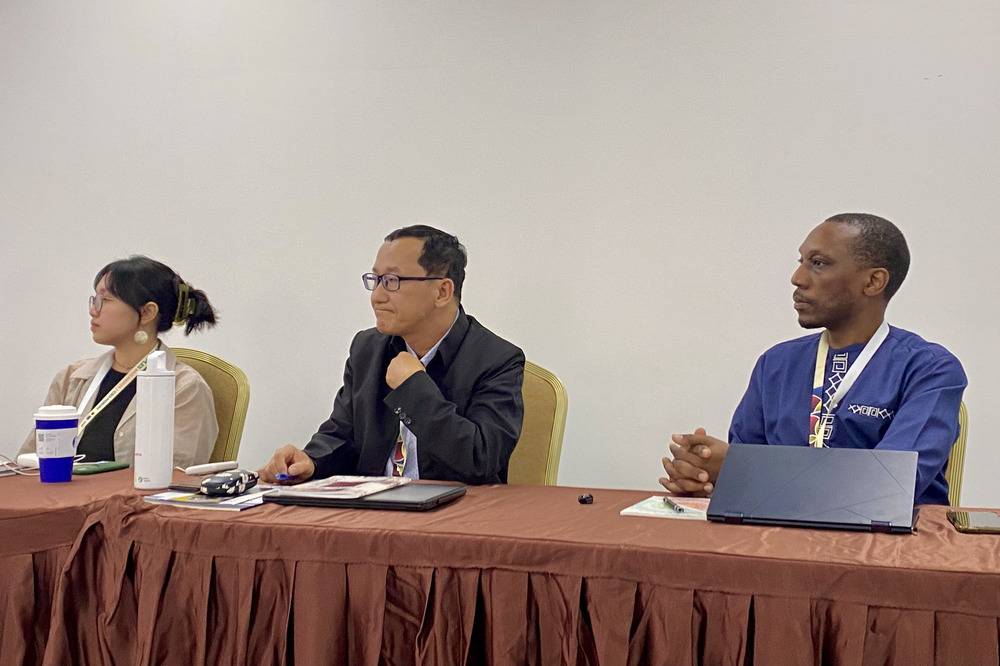
During the consultation, ADRA Thailand’s Program Director presented in two sessions, including a town hall focused on good practices, where he provided context on statelessness in the region and shared successful strategies. In a separate policy roundtable, he shared recommendations on regional collaboration and knowledge sharing.
Building on this momentum, he further advocated for 2026 to be declared the ASEAN Year of Statelessness, noting progress made by the Philippines (as a regional leader), Vietnam (moving toward ratification of statelessness conventions), Thailand (implementing cabinet resolutions), and Cambodia (enforcing new civil registration laws). He called on civil society, academia, and activists to collaborate, amplify their work, and build a regional movement for change.
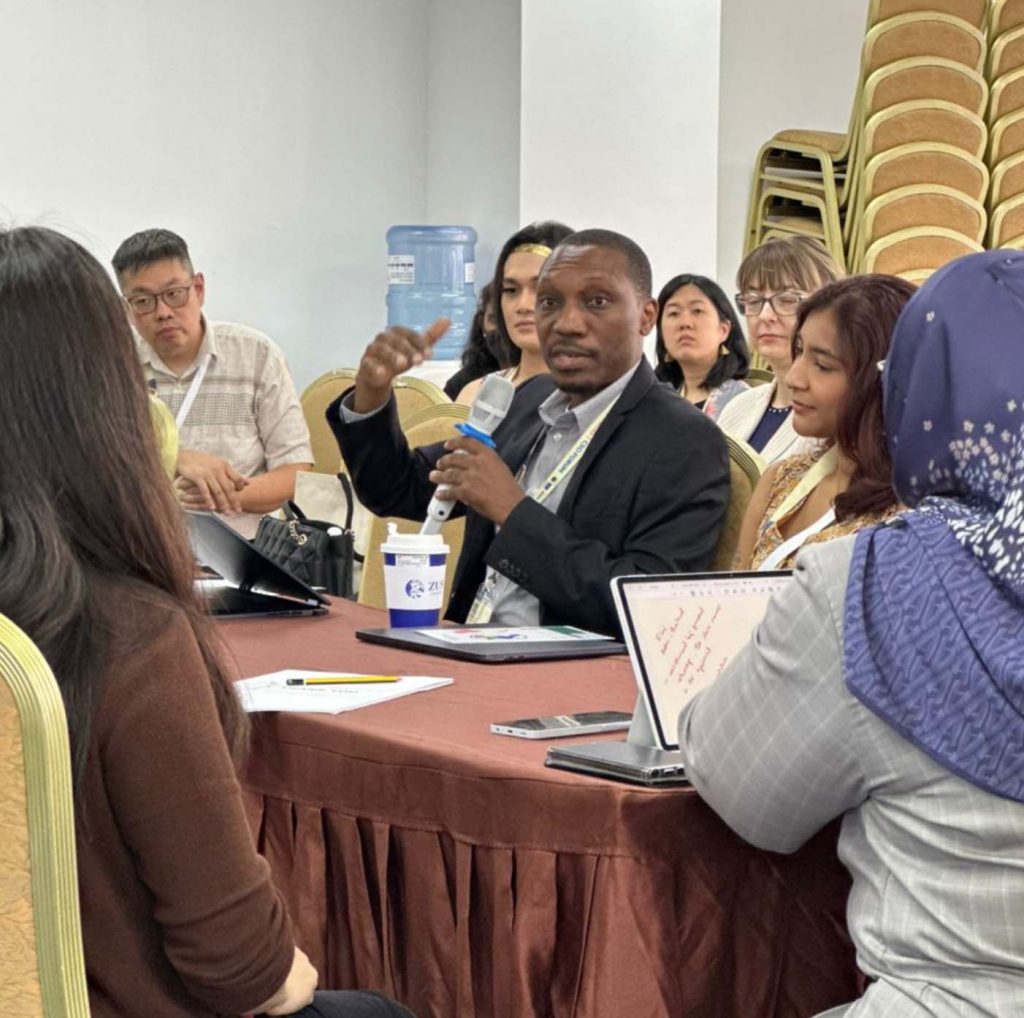
ADRA Thailand’s commitment to addressing statelessness exemplifies the profound impact of dedicated advocacy and community engagement. Through collaborative efforts, they are not only restoring legal identities but also empowering individuals to reclaim their rights and futures across Asia.
